Planes departing Australian soil could soon be powered by plants grown in the very same soil.
A relatively new plant to Australia called Carinata is changing the biofuels industry, and trials are happening now west of the Great Dividing Range.
Cotton growers have been giving it a go as a rotation crop.
The results are pretty golden so far.
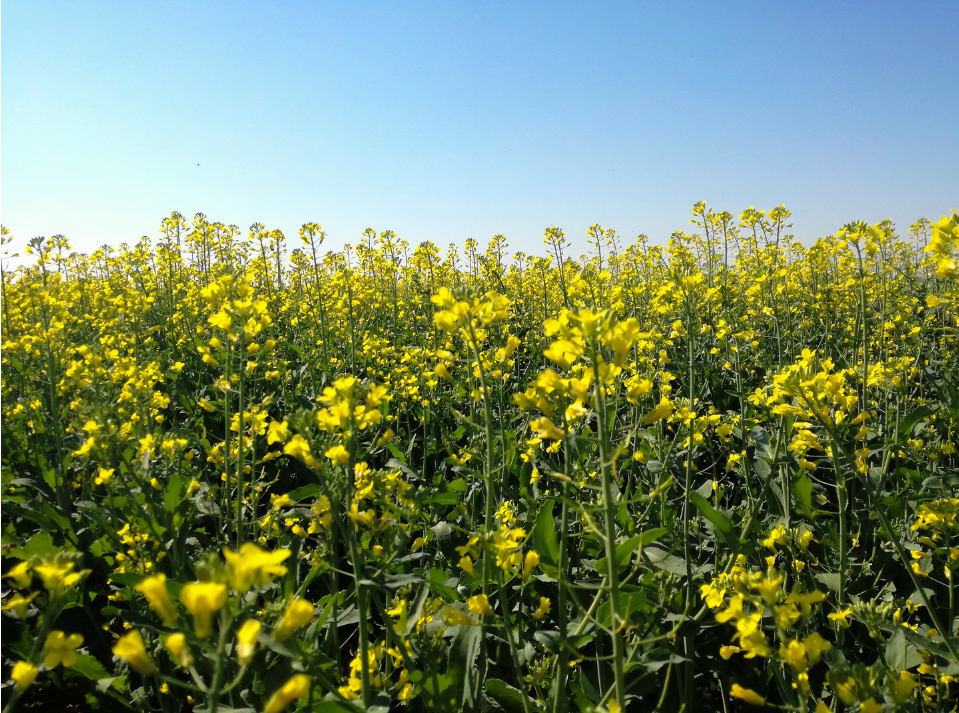
Carinata oil, when refined, is considered a ‘drop-in’ replacement for existing fossil fuels: the biofuel can be used without updating or retrofitting current machines, and blends with existing fossil fuels.
Biofuels: replacement fossil fuels, usually bioethanol, biodiesel, renewable diesel and sustainable aviation fuels, made out of sustainable biogenic resources. Everything from wood offcuts, to agricultural by-products, used cooking oil or beef tallow and even algae can be turned into biofuels.
Queensland Government’s definition of Biofuels
Cream of the Crop
Carinata looks similar to canola; bright yellow flowers on towering green stems.
It’s grown in winter and suits drier soil types.
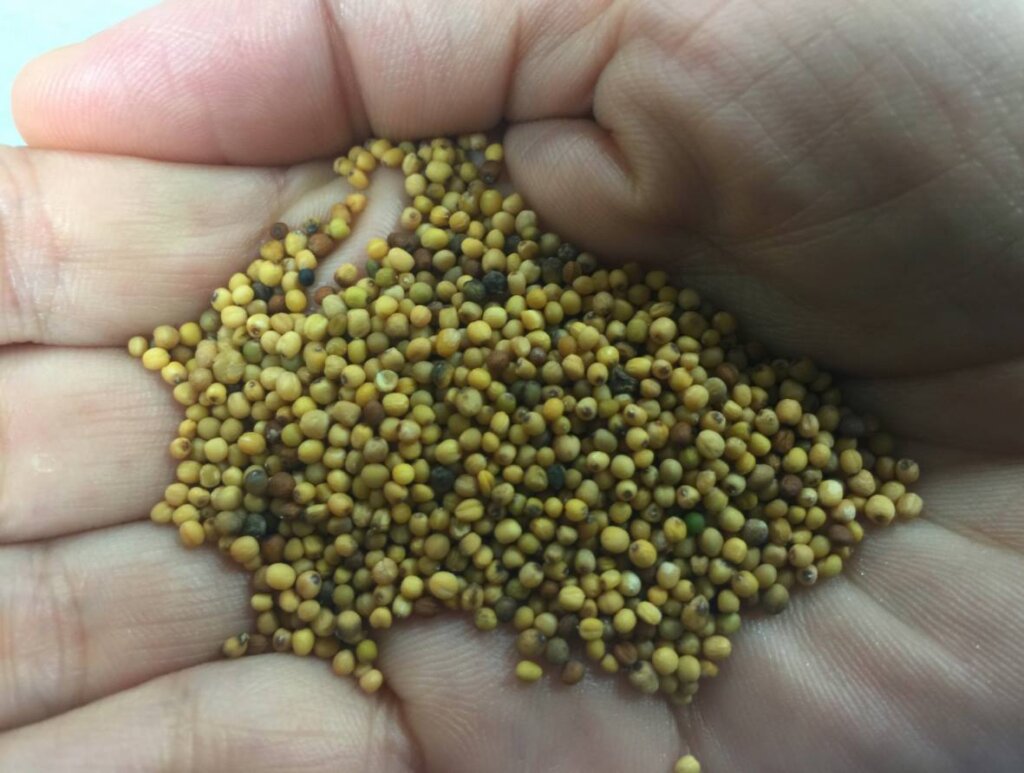
It boasts lower water needs than Canola, due to a longer rootstock.
The crop is being pitched as an emerging option for broadacre farmers over winter.
Having a ‘cover crop’ is being adopted by many growers looking to reduce topsoil losses, in between their traditional cropping seasons.
The oil from the Brassica family plant is classed as non-food: unlike Canola, it can’t be consumed by humans.
Harvest and crushing
Currently, once matured and harvested, Carinata is shipped to Europe for processing. There are no operational processing facilities in Australia yet.
The grain is processed into two products: biofuel, and high protein plant feed for stock.
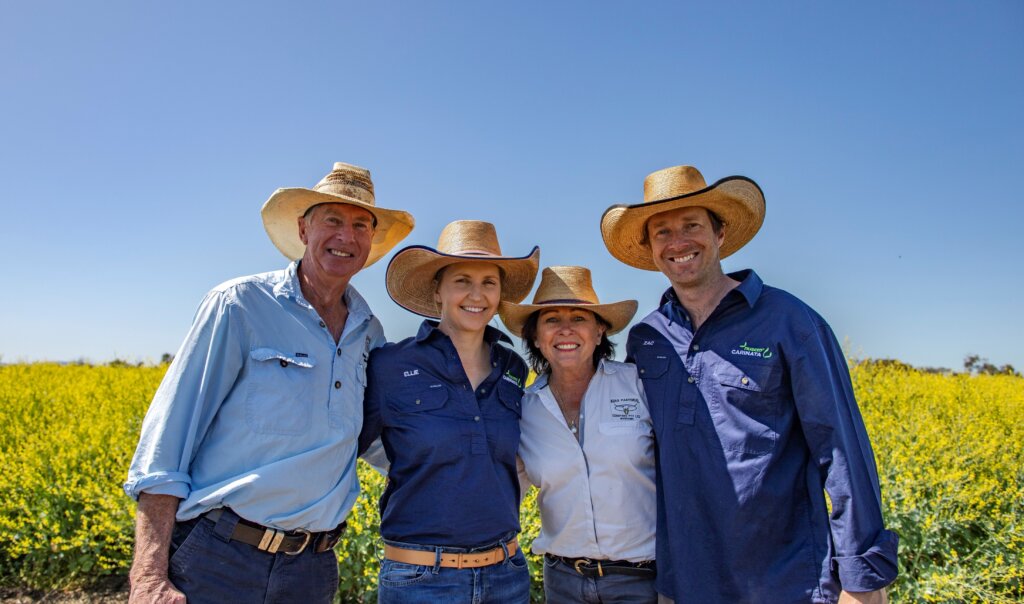
Biofuel use has already been written into EU’s aviation fuel regulations, and Asia has indicated it will follow.
In Australia, Qantas has committed to using 10% Sustainable Aviation Fuel (SAF) in its overall fuel mix by 2030.
Sustainable Aviation Fuel: Produced from sustainable feedstocks and is very similar in its chemistry to traditional fossil jet fuel.
BP’s definition of Sustainable Aviation Fuel
The aviation industry has shown serious interest in Carinata-derived biofuel.
Plant Power
The plant’s pre-commercial trials in Australia are being overseen by Nufarm.
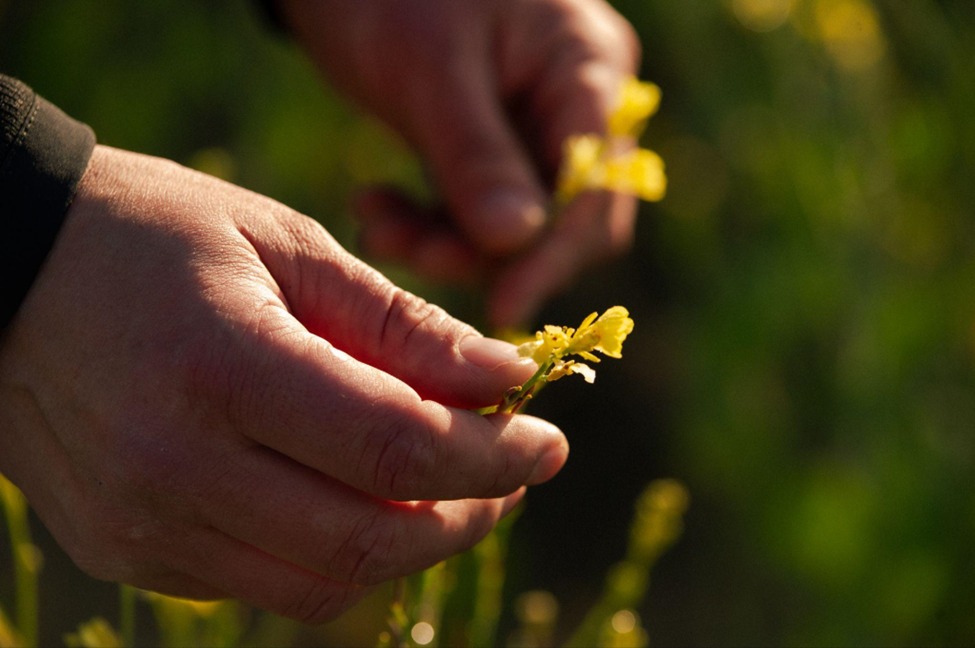
Rachel Palumbo is Nufarm’s Global General Manager for seeds, and is hopeful Australia could become a world-leader.
“Australia has the land, resources, and expertise to lead in renewable fuels, sustainable agriculture, and homegrown manufacturing,” she said.
“In South America, farmers already produce low-carbon fuel at scale. With the right support Australian growers can do the same.
Growers benefit from having a profitable break crop that improves soil health
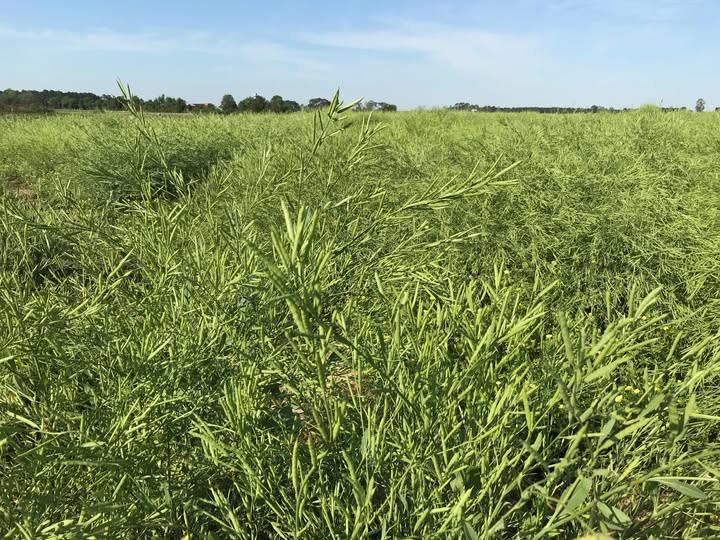
Government support needed
Earlier this year, the Australian Government announced it would invest $250 million into low-carbon liquid fuels.
“This funding will drive innovation and open new opportunities for farmers to supply feedstocks like Carinata,” Ms Palumbo said.
The Queensland Government has also shown interest in the blooming industry, recently commissioning Deloitte to review global SAF markets.

The 2024 report found:
“Australia’s SAF industry is still in its infancy and this is unlikely to change on the scale needed to support decarbonisation without government intervention and a proactive industry.”
Ms Palumbo also pointed to government-driven SAF mandates as a crucial step to fostering a local biofuels industry.
“We need a clear policy framework so Australian-grown biofuels can support local industries, just as Australian-grown canola already does for European biofuels.”
“This is a proven, sustainable, and scalable option for securing our fuel future while supporting growers and cutting emissions,” Ms Palumbo said.



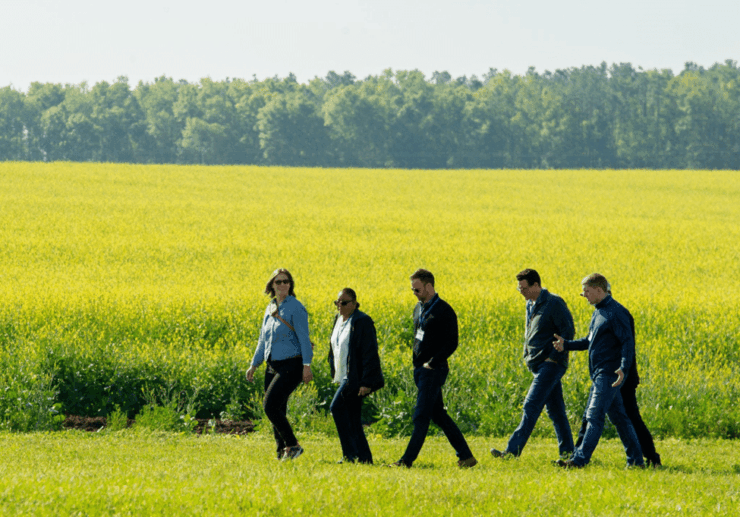
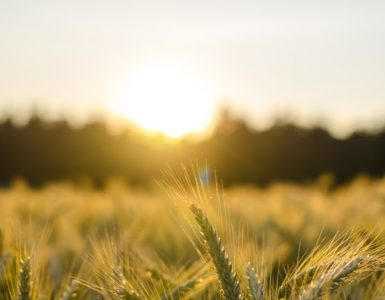

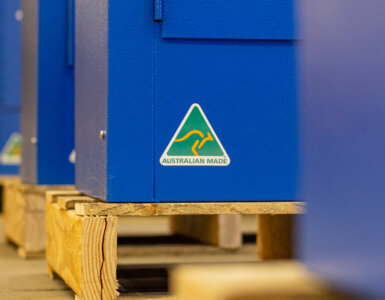






























Add comment